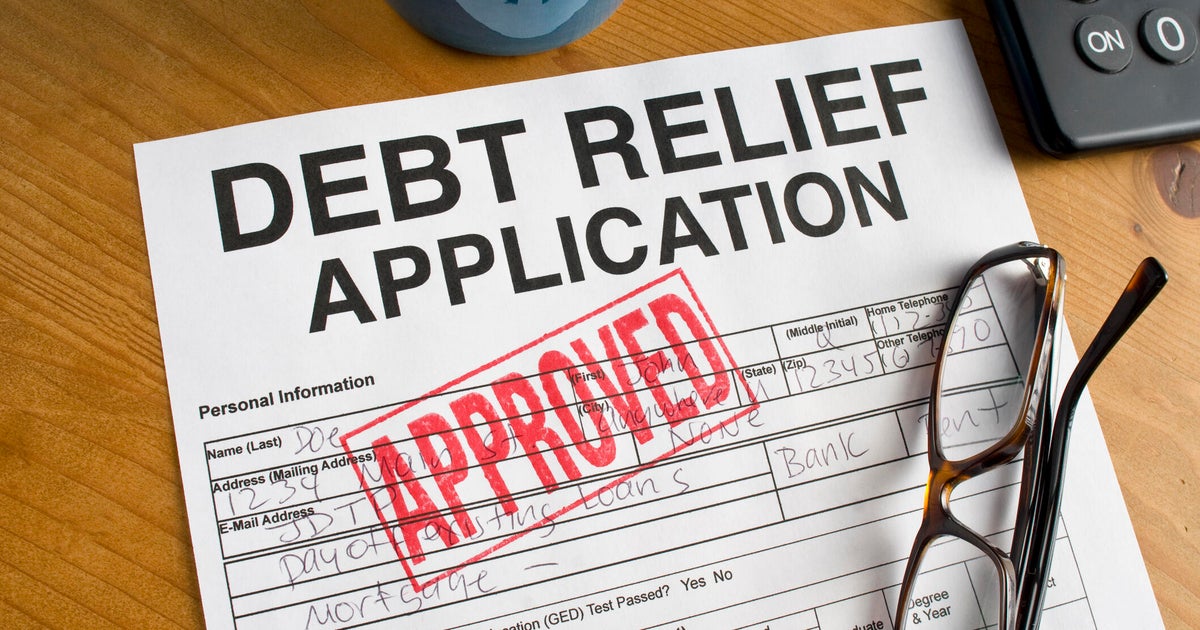How to pay down your credit card debt
The average U.S. household has credit card debt of about $5,700, according to an analysis of census and Federal Reserve data. That's part of a larger trend: Overall, consumer debt has been rising significantly since the recession -- and in June, it exceeded $4 trillion.
Part of the problem is that credit card debt is "easy to get into and hard to get out of," according to Bankrate.com industry analyst Ted Rossman.
"What's happening for a lot of people is an emergency strikes: something with their health, their car, their home," he said. "Thirty million Americans don't have health insurance, and 40% don't even have $400 saved up. So when something hits – like the transmission breaks and you've got to get to work – it goes on a credit card. And the double whammy is that the average interest rate is 18%."
But there's hope for Americans struggling with credit card debt. Rossman joined "CBS This Morning" to share a few tips:
Balance transfer cards
One of the best strategies for paying off credit card debt is balance transfer cards, Rossman said. The cards allow you to transfer your debt from your current card to a card with a lower interest rate. "You can get these cards for as long as 21 months, with no interest," Rossman advised.
But it's also important to keep transfer fees in mind: Rossman's favorite card is the 15-month card, which doesn't charge a transfer fee.
And while the transfer card is a great solution for paying down debt, Rossman said, "You don't want to make a habit out of it. You don't want to keep kicking the can down the road."
"Do this, be disciplined about it, don't put new money on the card," he added. "Try to figure out exactly how much you need to pay, and knock it out in those 15 months. If you've made good headway, and you need to do one more of these, I think that would be okay – don't make it a habit, though."
Seek out consolidation loans
Another good strategy is to seek out a consolidation loan, Rossman said. But you want to ensure that the loan is from a nonprofit accredited by the National Foundation for Credit Counseling.
Avoid debt settlement companies
Rossman cautioned against the use of debt settlement companies, which he said "destroys your credit" for 7 to 10 years.
"Basically, what they're going to do is they're going to tell you to stop paying for about six months, and they're gonna use that as leverage to try to negotiate a lower bill," Rossman explained.
And while it might feel good to try and keep money out of the hands of credit card companies, Rossman said it should be a second-to-last resort before declaring bankruptcy.





